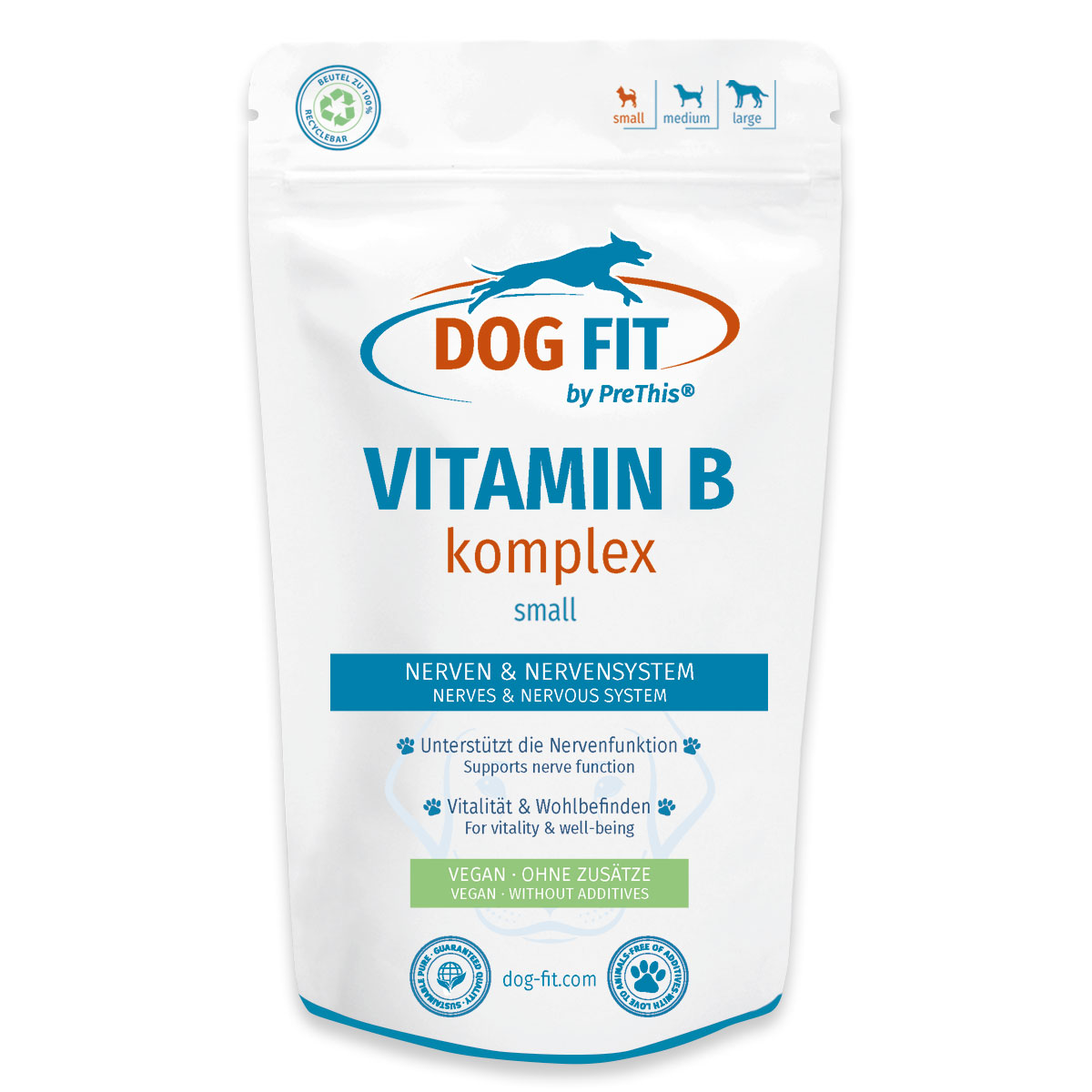Incontinence in dogs
What does incontinence mean in dogs?
Incontinence refers to the involuntary release of urine or feces – either while lying down, sleeping, or while walking. This can also occur suddenly in otherwise house-trained dogs. Incontinence is a symptom, not a disease in itself, and the causes are varied.
Common Triggers
The most common causes of incontinence include:
- Bladder or sphincter weakness: Especially in older or neutered animals.
- Hormonal changes: For example, after neutering.
- Disorders of the nervous system:
- Spondylosis (degenerative changes in the spine)
- Herniated discs or strains
- Age-related decline in nerve function
- Traumatic injuries or surgeries
- Urinary tract infections or tumors can also play a role.
Especially older Dogs and animals with back or spinal disorders are more frequently affected. Accompanying symptoms such as tremors, unsteadiness when walking, coordination problems, or muscle weakness may occur.
Nervous system and incontinence – how are they related?
The nervous system – particularly the spinal cord and peripheral nerves – controls bladder and bowel control. If the signal transmission between the brain, spinal cord, and bladder is disrupted, uncontrolled discharge can occur. Such disorders can occur particularly in cases of spinal disorders, age-related decline in nerve function, or after surgery.
B vitamins play an important role in energy metabolism and the normal function of the nervous system. Appropriate care can help support the physiological processes of the nerves.
Link to scientific study.
What dog owners should also consider
In addition to a thorough veterinary examination, an adapted home environment is important:
- Provide non-slip surfaces to prevent slipping.
- Raised food and water bowls can make getting up easier.
- Plan regular and sufficiently frequent walks.
- Maintain a fixed daily routine so your dog feels safe.
- Avoid obesity, because every extra kilo puts strain on the spine.
A balanced, A moist, low-additive diet can be supportive, especially for older or sensitive dogs.
Important note
In case of sudden incontinence, blood in the urine, or other accompanying symptoms, veterinary advice should always be sought. Determining the cause is crucial for successful treatment. With patience, appropriate exercise, and targeted support, everyday life can often be made easier again.
Trust, care, and time spent together make every human-dog relationship unique. When you pay attention to your four-legged friend’s little needs and give them a sense of security, special moments full of closeness and understanding arise. This keeps your everyday life enriching and characterized by a true bond.

